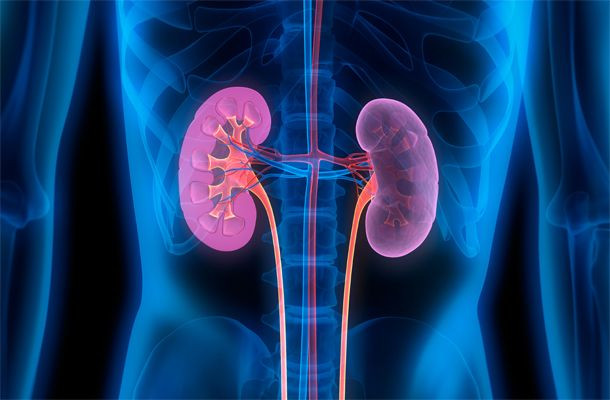Definition
A stone analysis examines stones that form in the body, such as kidney stones or gallstones, which are collections of minerals. Stone formation is more common in men over the age of 50. Sometimes, stones in the urinary tract may not cause noticeable symptoms and can pass out of the body naturally without your awareness. Typical symptoms, however, include discomfort or pain during urination, which may require treatment to alleviate or eliminate the stones.
Urinary stones vary in type and size, from small stones (around 4-6 mm) that can often be passed naturally through urine within 30-45 days. Medications may still be needed to assist with the stone’s passage. Larger stones (over 6 mm) often require medical intervention, as they can obstruct urine flow.
Stones are composed of different minerals, including uric acid stones, cystine stones, struvite stones, gallstones, and calcium stones. Calcium stones, the most common type, have two forms: calcium oxalate and calcium phosphate, which develop from excess calcium in the urine. Uric acid stones result from a diet high in purines, while cystine stones arise in an inherited disorder called cystinuria, causing high amino acid levels in urine. Struvite stones are rare and typically associated with urinary tract infections.
Indications
Your doctor may recommend a stone analysis test if you have symptoms of bladder stones, such as:
- Pain or discomfort during urination
- Frequent urge to urinate
- Feeling of incomplete bladder emptying after urination
- Blood in the urine
- Cloudy or foul-smelling urine
- Gritty sensation in urine
- Nausea or vomiting
- Fever and chills
Contraindication
There are no specific contraindications for the stone analysis. Anyone suspected of having a condition related to stone formation in the body can undergo this test.
Preparations Before the Test
A stone analysis test does not typically require specific preparation. However, if other tests are scheduled, you may be asked to fast (avoid food) for a few hours before testing. Be sure to inform your doctor of any medications you are taking, as some may impact your test results.
Test Procedure
A stone analysis generally requires a sample of stones already removed from the body, such as those from the kidneys, ureters, bladder, or gallbladder. This test identifies the stone's mineral composition.
For urinary stones, you might be asked to filter your urine to collect any stones that pass. If you notice a stone while urinating, you can retrieve, clean, and store it in a special container provided by your doctor. Your doctor may also advise you to increase water intake to help flush out the stone during urination.
This collection method is only feasible for very small stones. In cases of larger stones, removal typically requires surgical intervention.
Normal and Abnormal Values
Finding stones in the body usually indicates an abnormal condition. By analyzing the stone sample, the composition of the stone can be determined.
Results and Recommendations (Further Testing)
There are four main types of kidney stones:
- Calcium stones are the most prevalent type.
- Uric acid stones are another common type.
- Cystine stones are rare stones caused by cystinuria, an inherited kidney disorder.
- Struvite stones are the rarest type, usually forming after a urinary tract infection (UTI).
Kidney stones can range in size from tiny grains of sand to pea-sized or larger. Very small stones may pass through the body naturally during urination, while larger or irregularly shaped stones can obstruct the urinary tract, impeding urine flow.
Stones in the urinary tract or gallbladder generally need to be removed or dissolved. Speak with your doctor for further testing and treatment options.
Consult the Right Doctor
Speak with your doctor about the results of your stone analysis. Consulting a general practitioner can help you receive an accurate diagnosis, appropriate treatment, and further testing if needed to confirm the diagnosis. You may also be referred to an internal medicine specialist for additional care based on your condition.
Would you like more information about laboratory, radiology, and other test results? Click here!
- dr Hanifa Rahma
Bladder Stones. (2022). Retrieved 26 September 2022, from https://www.ncbi.nlm.nih.gov/books/NBK441944/
Kidney Stone Analysis. (2022). Retrieved 26 September 2022, from https://medlineplus.gov/lab-tests/kidney-stone-analysis/
Kidney Stone Testing. (2021). Retrieved 26 September 2022, from https://www.testing.com/kidney-stone-testing/
Urine and Stone Analysis for Investigation of the Renal Stone Former : A Consensus Conference. (2020). Retrieved 26 September 2022, from https://link.springer.com/article/10.1007/s00240-020-01217-3#Abs1.











